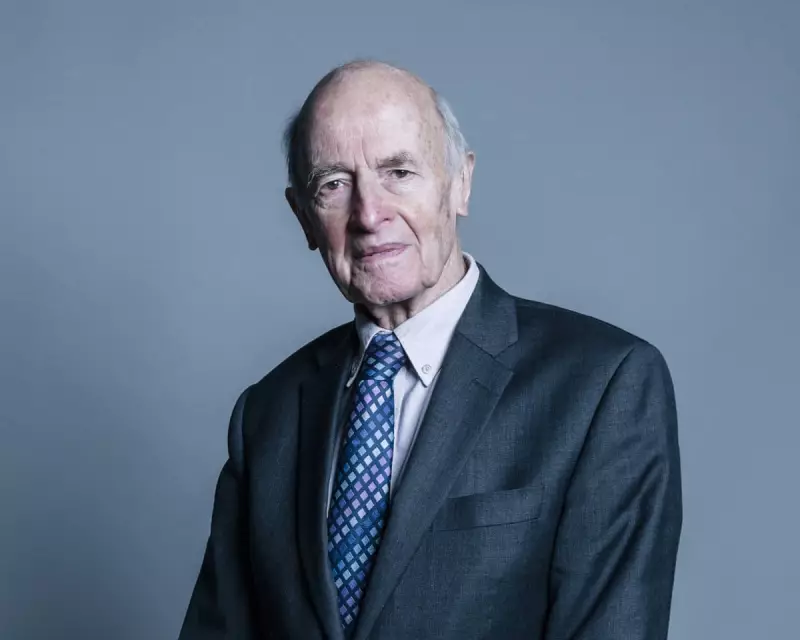
The political establishment is mourning the loss of one of its most independent-minded figures, Lord Dick Taverne, who has died at the age of 94. The renowned QC and parliamentarian carved out a unique legacy defined by intellectual courage and a refusal to be bound by party dogma.
A Political Rebel's Journey
Taverne's political career was marked by dramatic moments of principle over party loyalty. After serving as a Labour MP for Lincoln, he found himself at odds with his party's leftward shift in the early 1970s. His defiance led to one of the most remarkable episodes in modern British political history - he resigned his seat to fight a by-election against his own party, and won convincingly.
This extraordinary victory demonstrated both his personal popularity and the depth of his convictions. He would later serve as a Liberal Democrat peer in the House of Lords, becoming one of the longest-serving members of Parliament.
Champion of Reason and Science
Beyond the political battles, Taverne's greatest legacy may be his unwavering commitment to evidence-based policy. He founded the Campaign for Science and Reason (CSAR), establishing himself as a powerful voice against pseudoscience and irrational thinking in public life.
His 2005 book, 'The March of Unreason', became a seminal text challenging the growing influence of anti-scientific attitudes in society. Colleagues remember him as a brilliant legal mind who brought rigorous thinking to every debate he entered.
Enduring Influence
Even in his later years, Taverne remained an active and influential voice in the Lords, particularly on legal and scientific matters. His cross-bench approach and willingness to challenge conventional wisdom made him a respected figure across party lines.
Former colleagues from all political backgrounds have paid tribute to his integrity, intellect, and the quiet dignity with which he pursued his convictions. His passing marks the end of an era for a particular kind of politician - one who put principles before party and reason before rhetoric.





